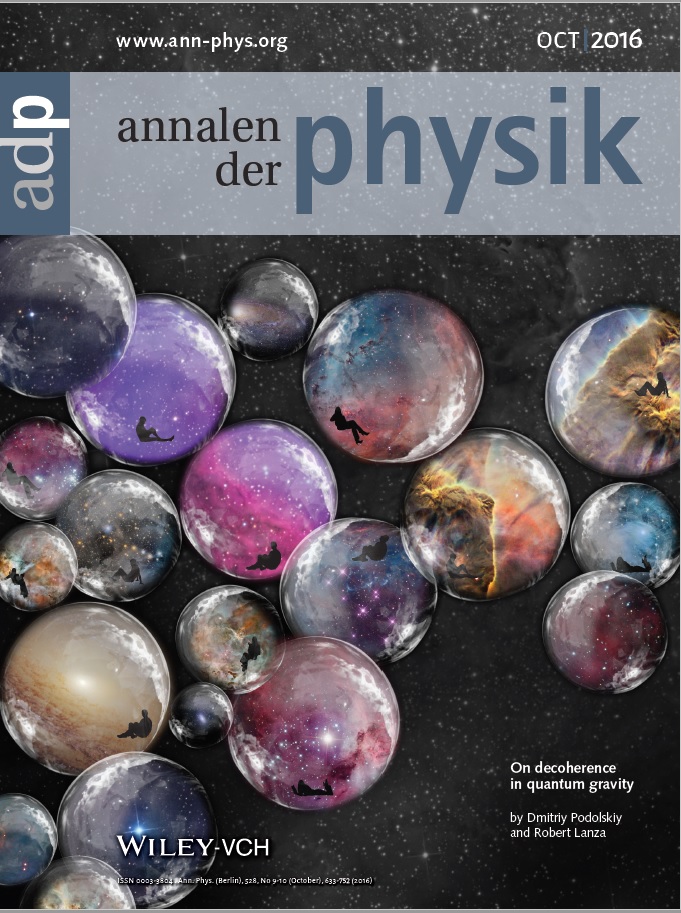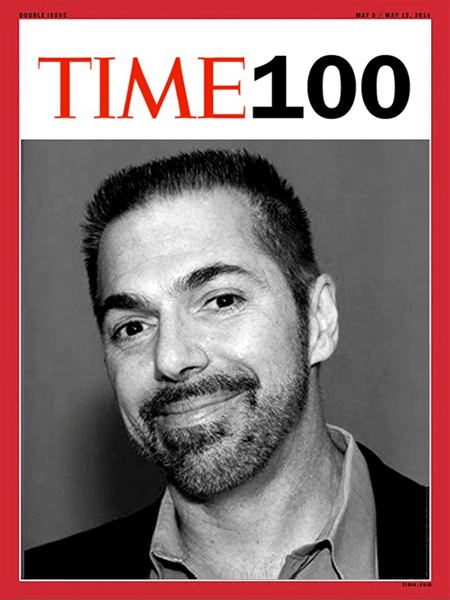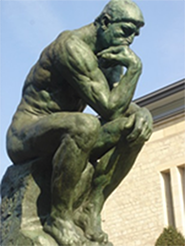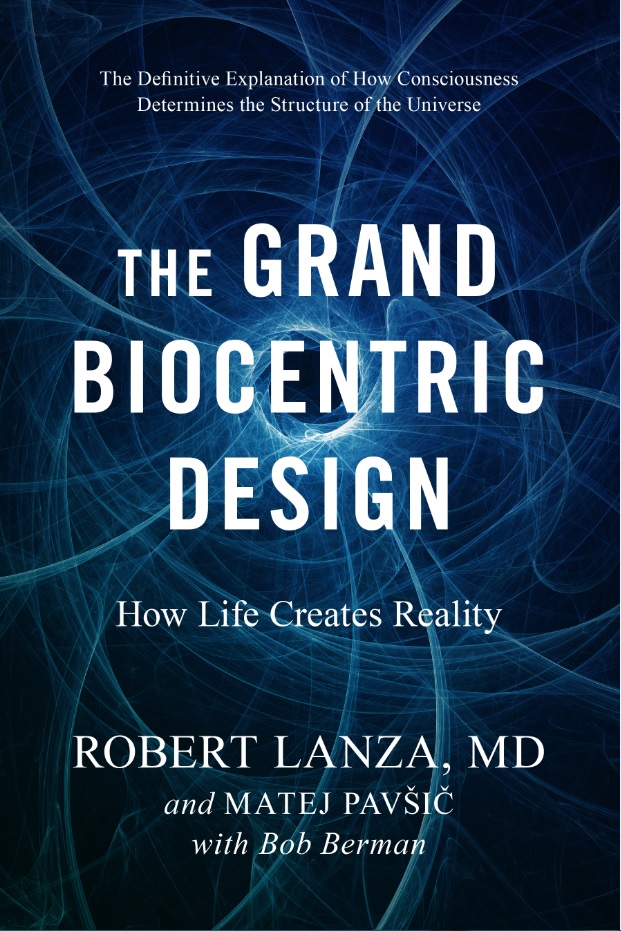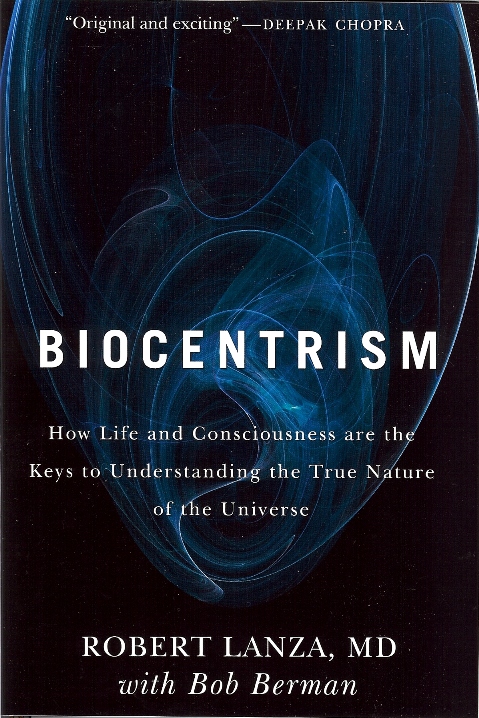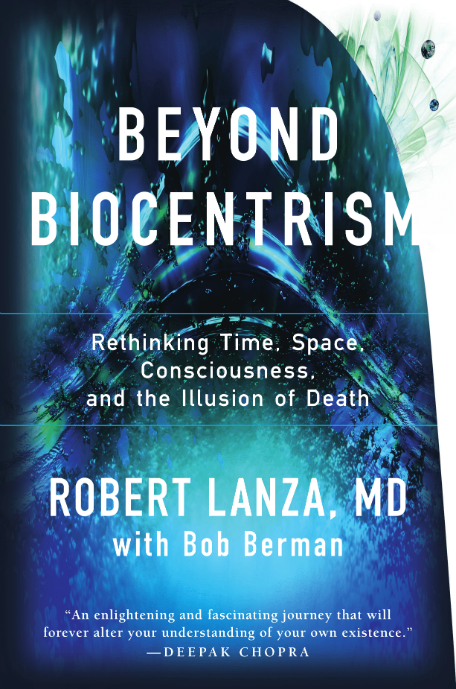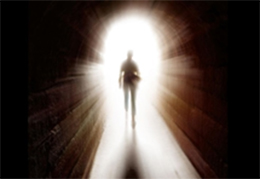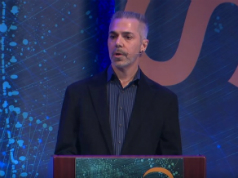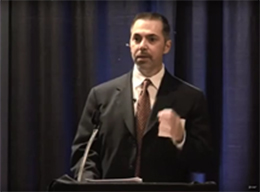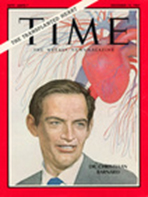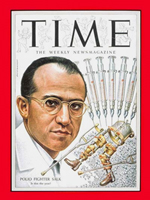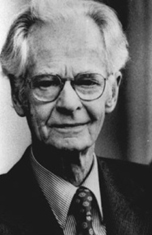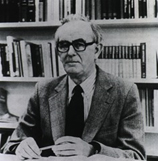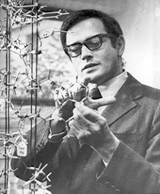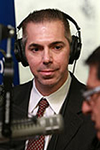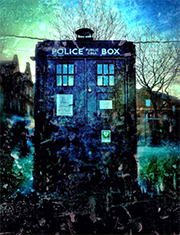Dr. Lanza is one of the most respected scientists in the world—a U.S. World & News Report cover story called him a “genius” and “renegade thinker,” even likening him to Einstein. He is currently chief scientific officer of the Astellas Institute for Regenerative Medicine and professor at Wake Forest University School of Medicine. Lanza was recognized by TIME Magazine in 2014 on its list of the “100 Most Influential People in the World.” PROSPECT Magazine named him one of the Top 50 “World Thinkers” in 2015.
Dr. Lanza’s current research focuses on stem cells and regenerative medicine and their potential to provide therapies for some of the world’s most deadly and debilitating conditions. He is credited with several hundred publications and inventions, and over 30 scientific books, including the definitive references in the fields of stem cells and regenerative medicine.
As a former Fulbright Scholar, Lanza studied with polio-pioneer Jonas Salk and Nobel laureates Gerald Edelman and Rodney Porter. He also worked closely (and co-authored a series of papers) with noted Harvard psychologist B.F. Skinner and heart transplant pioneer Christiaan Barnard. Dr. Lanza received his undergraduate and medical degrees from the University of Pennsylvania, where he was both a University Scholar and Benjamin Franklin Scholar. Lanza was part of the team that cloned the world’s first human embryo, as well as the first to successfully generate stem cells from adults using somatic cell nuclear transfer (therapeutic cloning). In 2001 he was also the first to clone an endangered species, and recently published the first-ever report of pluripotent stem cell use in humans.
“Robert Lanza is the living embodiment of the character played by Matt Damon in the movie “Good Will Hunting.” Growing up underprivileged in Stoughton, Mass., south of Boston, the young preteen caught the attention of Harvard Medical School researchers when he showed up on the university steps having successfully altered the genetics of chickens in his basement. Over the next decade, he was “discovered” and taken under the wing of scientific giants such as psychologist B.F. Skinner, immunologist Jonas Salk, and heart transplant pioneer Christiaan Barnard. His mentors described him as a “genius,” a “renegade thinker,” even likening him to Einstein.” — U.S. News & World Report, cover story







